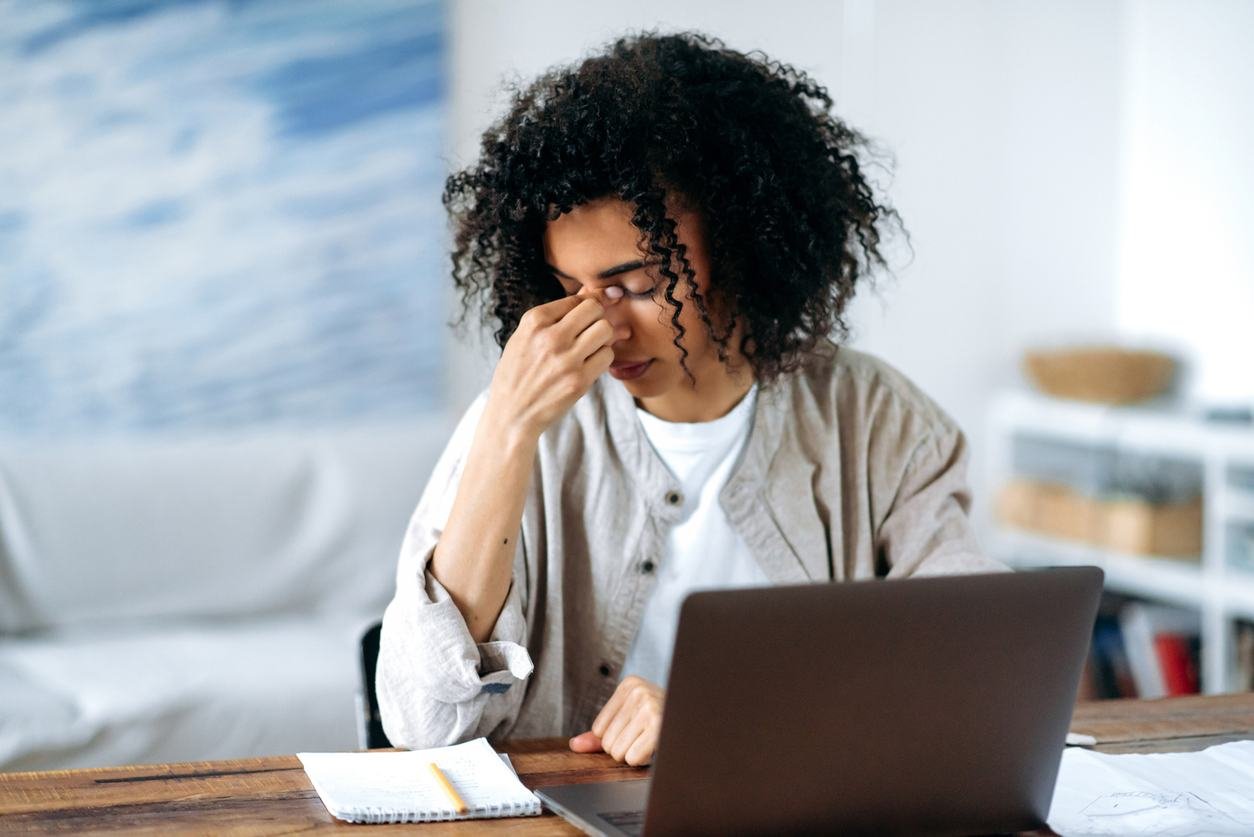Why do I feel like a burden? Do you ever think that others find you to be a load? This is more usual than you might imagine, and it’s frequently linked to low confidence, nervousness or previous emotional wounds.
This sensation can cause feelings of being alone and make it difficult for people to request assistance. By questioning the negative thoughts, showing self-compassion and expressing your requirements straightforwardly, you can liberate yourself from this weight and establish good relationships.
Common Causes
When I looked in detail at Why do I feel like a burden. I found many common reasons.
– Then there is stress. When I am overloaded, I fear that I am also freaking out everyone else. My troubles feel too big to handle, and I’m terrified of burdening others with them.
– Anxiety makes matters worse. This can be the answer of “Why do I feel like a burden”. My mind raced with the possibility of being a bother, even for basic things. Every interaction feels like a tightrope walk, and I’m afraid I’ll fall and become a burden.
– Depression can be a black cloud. It makes me feel unworthy and separates me from others. Withdrawing can make it feel even more true: my presence only puts everyone down. So sometimes depression can make me ask “Why do I feel like a burden”
– Past experiences might create an impression. Maybe something happened to make me feel unwelcome or burdened. Even healthy relationships now feel like a tightrope walk, as people are afraid of repeating their previous experiences.
– I might be a perfectionist. I strive for an unreachable ideal, and when I fall short , it seems like a great failure. The burdensome thought? That I disappoint everyone with my flaws.
Some Underlying Issues
Let’s address the underlying issues of “Why do I feel like a burden”:
– Ugh, that voice in my brain again. It tells me I’m not good enough, that I always require assistance, or that I just pull everyone down. Maybe that’s why I ask myself “Why do I feel like a burden”, with the constant negativity feeding my doubts. I would never talk to a buddy like that, so why listen to it about myself?
– Another demon I have to deal with is perfectionism. I set ridiculous goals for myself, and when I eventually fail, it feels like a huge load. I feel like I’ve failed everyone with my weaknesses. But everyone makes errors, right? Maybe I need to relax about the whole “perfect or burden” idea.
– Speaking of burdens, do I rely too heavily on validation from others? It’s as if my self-esteem depends on not being a burden. But that is exhausting! Perhaps I should focus on building myself up from within, discovering my own feeling of worth, rather than relying on the approval of others to feel good.
– Ugh, vulnerability. Opening up about my needs is daunting. What if I confirm everyone’s worst fear, that I am a burden? But perhaps that anxiety is blocking me from making genuine connections. Perhaps great friendships are formed on being open and vulnerable, rather than the constant worry of bothering others. This is also one of the major factors of “Why do I feel like a burden”.
– There’s the burden of the past again. Perhaps someone ever made me feel unwanted or burdened. Even healthy relationships now feel like a tightrope walk, as people are afraid of repeating their experiences. But I can’t allow the past to govern my present. It’s time to recover from past wounds and rewrite the story in my mind.
– Feeling burdened. Perhaps it is all about the warped image I have of myself. Understanding these fundamental issues allows me to combat negativity. It’s time to improve my relationship with myself, and maybe that will lead to stronger interactions with others.

Strategies for Feeling Valued
Now we have covered the topic of “Why do I feel like a burden” but there are many strategies for feeling valued. Feeling like a burden might be overwhelming, but it does not have to be your reality. You can rewrite this story by confronting negative beliefs, practicing self-compassion, and articulating your needs effectively. Remember your strengths and accomplishments, appreciate tiny victories, and surround yourself with encouraging people.
Prioritize self-care to fill your own cup, and don’t be ashamed to ask for assistance; it’s a show of strength, not a burden. With these techniques, you may establish healthy, supportive relationships while rediscovering your innate value.
Expressing Your Needs Effectively
Open communication is essential for developing healthy relationships and avoiding the sense of being a burden. “I” statements are effective tools for communicating your requirements without assigning blame. Instead of stating, “You never help me,” say, “I feel overwhelmed when I have to handle everything on my own.” Would you be willing to assist with…? Active listening demonstrates that you regard the other person’s viewpoint and improves the connection. Remember that good communication and a willingness to compromise lay the groundwork for mutually beneficial relationships.
Redefining Help
Why do I feel like a burden? maybe because I haven’t asked for help from anyone. Help should not be a burden, but rather a foundation of strong partnerships. Change your viewpoint and consider accepting assistance as an opportunity to deepen ties and foster interdependence.
Small Steps to Big Change
Overcoming the sense of being a burden is a journey rather than a destination. Start small and praise even the smallest accomplishments. Set attainable goals to increase momentum and self-belief. Acknowledge and reward yourself for each step forward. Remember, setbacks are unavoidable, but they do not define you. Embrace self-compassion and use these periods as learning opportunities.
Self-Care Isn’t Selfish
Why do I feel like a burden? Maybe because I didn’t care about self- care. Self-care is not selfish; it is the basis for strong relationships! Think of it like filling your own cup before pouring for others. Prioritize activities that nourish your mind, body, and spirit, such as meditation, outdoor activities, or creative hobbies.
Why do I feel like a burden? Remember that feeling burdened is a common problem, but you don’t have to carry it alone. You may change the narrative by questioning negative beliefs, developing self-compassion, and cultivating healthy relationships. Accept your natural worth, and remember that requesting help is a sign of strength.




